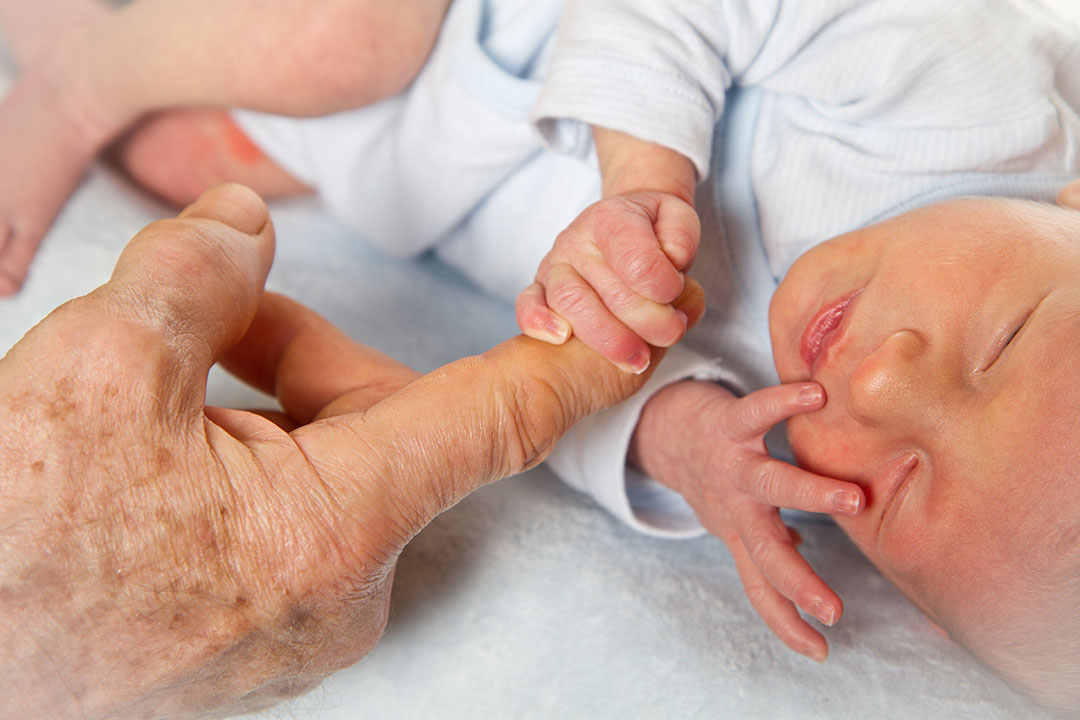
My employee wants to take federal Family and Medical Leave Act (FMLA) leave when her daughter has a baby. Can I deny her request?
Typically, an employee asking for time off work to be with her adult daughter for the birth of a child would not be a basis for FMLA, absent some extenuating circumstances.
In normal pregnancy and childbirth situations, a time-off request for this purpose by a mother of a child would be more indicative of a personal leave.
Although personal leaves are not required by law, an employer may grant a personal leave. If a personal leave is granted, it should be consistent with existing policies and past practices.
FMLA Considerations
In determining whether a request for an FMLA leave would be granted, you can require a Serious Health Condition Certification from her daughter’s medical provider.
In addition, it is important to know that FMLA provisions for care of a child distinguish between a child who is a minor and a child who is an adult.
FMLA rights are required only for a child who is under 18 years of age or a dependent adult child 18 years or older who is incapable of self-care due to a mental or physical disability recognized as such by the Americans with Disabilities Act. These conditions normally do not apply to an adult child having a baby, but should always be considered in making an FMLA determination.
Baby Bonding
The other basis for an FMLA leave might be baby bonding. Although a baby bonding request usually is made by a biological, adoptive or foster parent, the law does recognize that other individuals may have these rights if they fulfill the role of a parent or step in the shoes of a parent. That provision in the law, normally referred to as loco parentis, does not require a biological or legal relationship, such as a legal guardian.
Both the FMLA and the California Family Rights Act (CFRA) have very broad definitions for “parent.” The CFRA regulations define parent as follows:
“Parent” means a biological, foster, or adoptive parent, a stepparent, a legal guardian, or other person who stood in loco parentis to the employee when the employee was a child. A biological or legal relationship is not necessary for a person to have stood in loco parentis to the employee as a child. Parent does not include a parent-in-law.
Circumstances that may involve loco parentis might include situations wherein the mother is mentally or physically unable or unfit to care for a child, or if the mother is incarcerated, deceased or the child has been taken away from the mother by Child Protective Services or a court. Because requests in these situations are unusual, it is best to consult with legal counsel before making an FMLA determination.
CalChamber members can read more on Family, Medical and Parental Leave in the HR Library. Not a member? See how CalChamber can help you.



